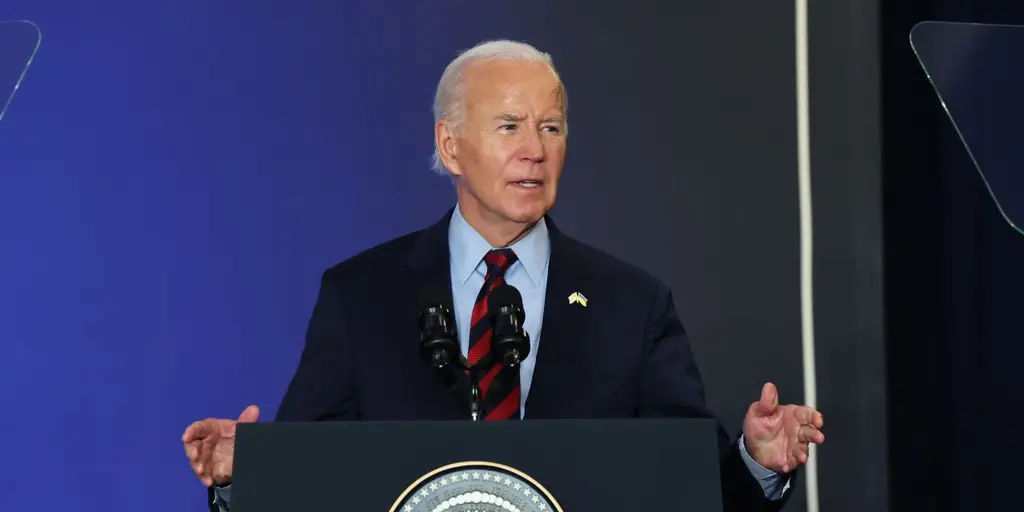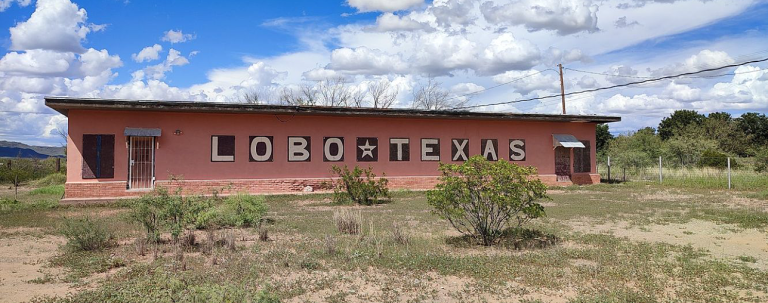Louisiana Attorney General Liz Murrill announced Friday that she is leading a coalition suing President Joe Biden over his executive order banning new oil and gas drilling across most U.S. coastal waters.
The coalition includes the attorneys general of Alabama, Alaska, Georgia, and Mississippi, along with the American Petroleum Institute and Gulf Energy Alliance.
The lawsuit, filed in the Lake Charles Division of the Western District of Louisiana, asks the court to declare Biden’s drilling ban unlawful and to prevent its enforcement.
“If upheld, it would dramatically harm our economy and livelihood. I will always defend Louisiana and American energy,” Murrill said in a statement.
Background on the Drilling Ban

President Biden’s January 6 executive action withdrew approximately 625 million acres of federal waters from future oil and gas leasing.
The president cited the Outer Continental Shelf Lands Act (OCSLA) and concerns over potential irreversible environmental damage as the basis for his decision.
The ban does not apply to waters off Louisiana’s coast. However, the lawsuit argues that Louisiana’s economy will be significantly impacted, as the state relies on federal drilling revenues to fund vital coastal restoration and parks projects.
Legal Arguments Against the Ban
The coalition’s lawsuit contends that the president lacks the authority to enforce such a sweeping ban, arguing that regulatory power over public lands rests solely with Congress.
“There is no basis in OCSLA suggesting Congress deemed it necessary to give the president sweeping authority to gut OCSLA’s promise of oil and gas leasing,” the filing states. “The purported withdrawal violates OCSLA.”
Implications for Energy and the Economy
Critics of the drilling ban, including Attorney General Murrill, warn that the policy could harm the energy sector and local economies dependent on oil and gas production.
They also emphasize the need for balanced policies that ensure economic stability while addressing environmental concerns.
As the legal battle unfolds, the case highlights the ongoing tension between energy policy and environmental preservation at the federal and state levels.







Leave a Comment